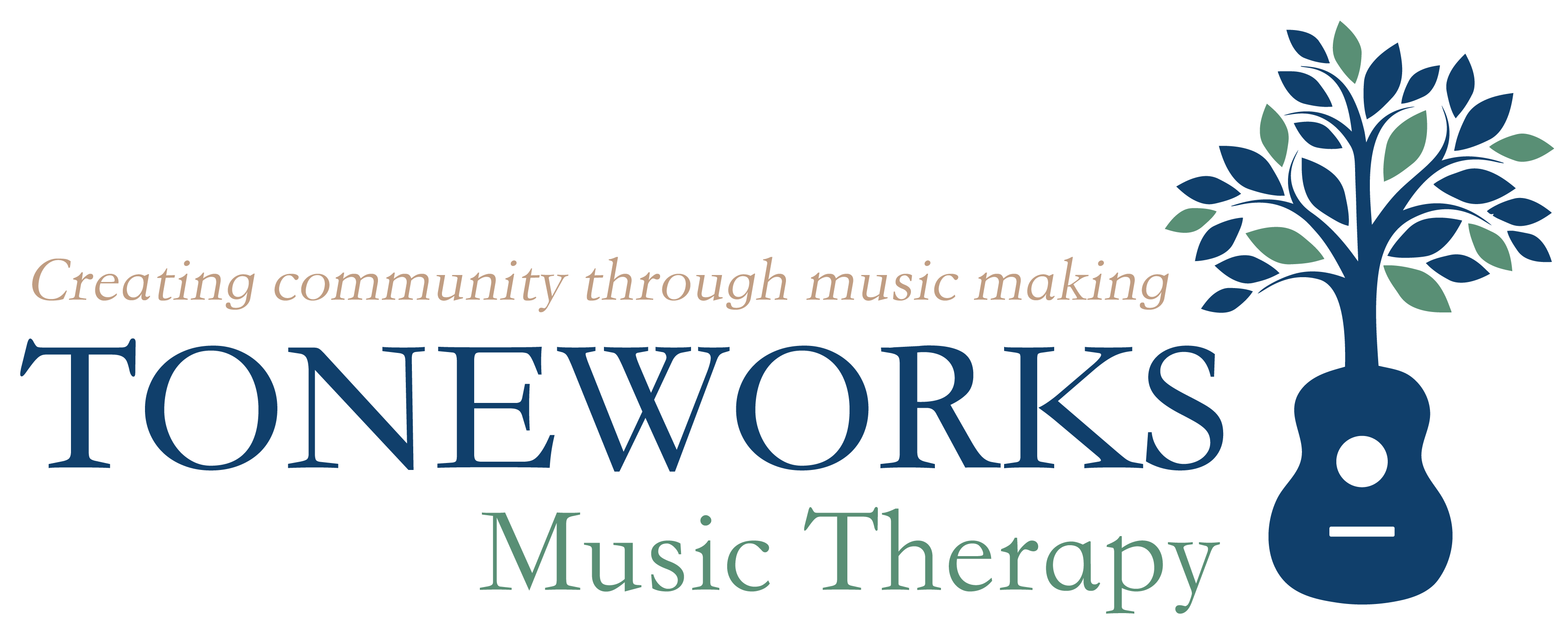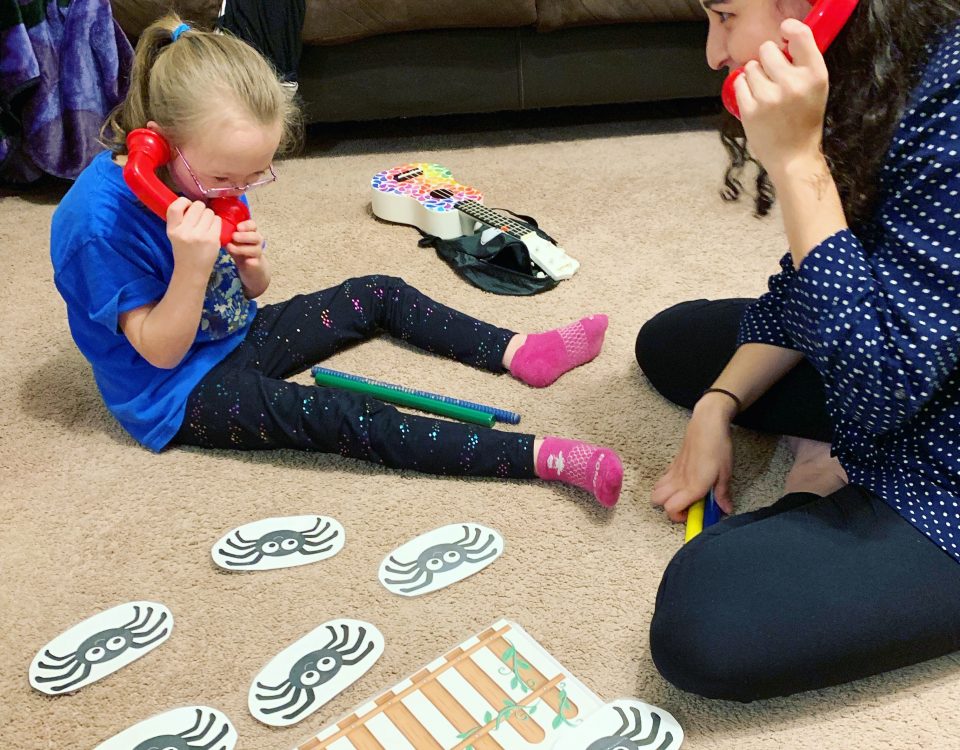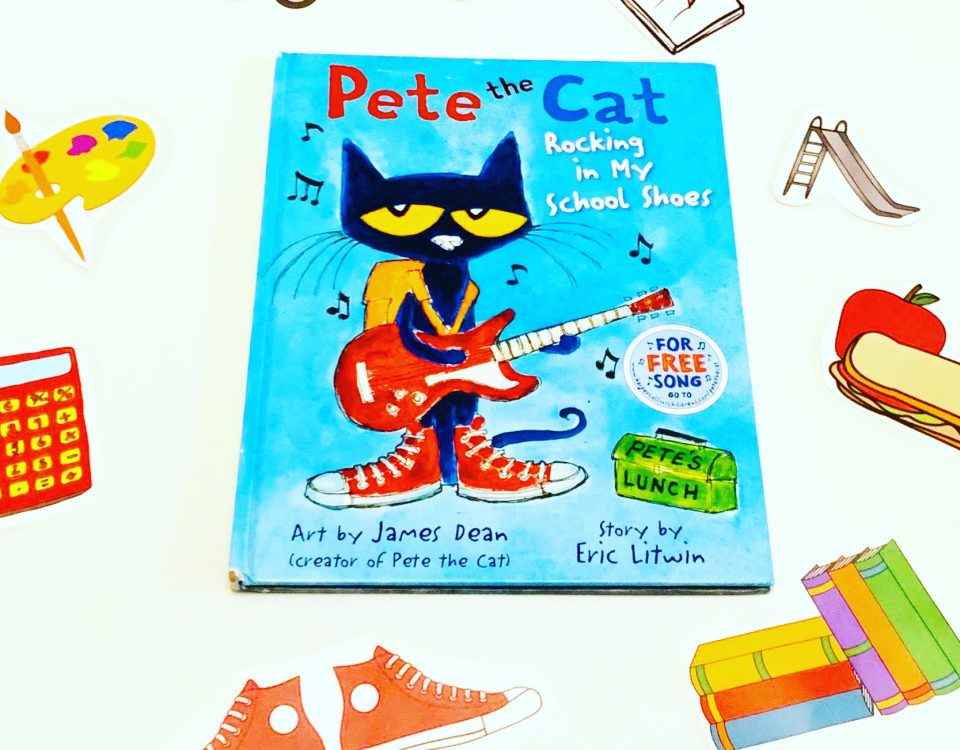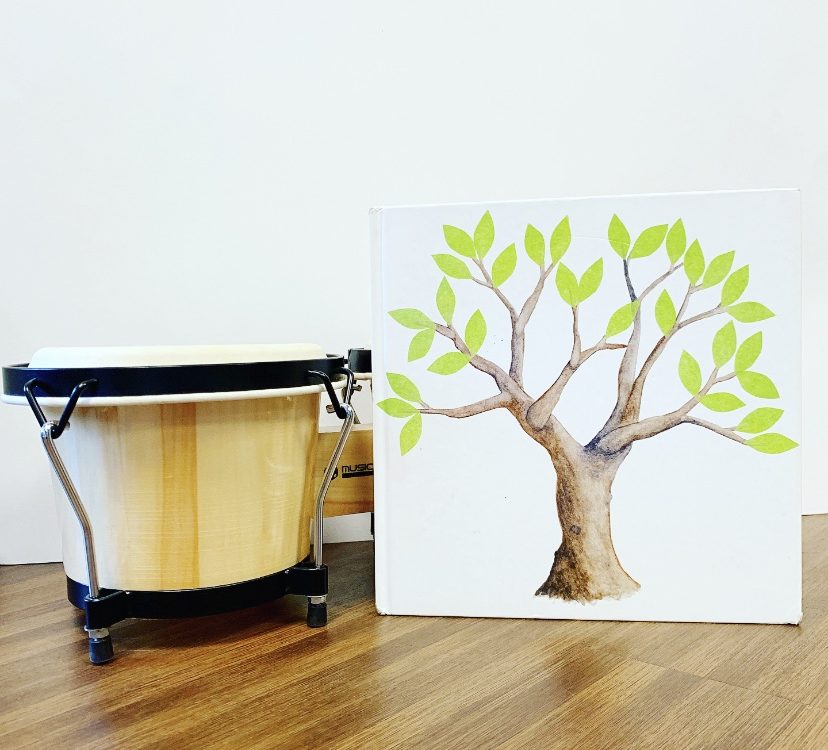Music Therapy Advocacy: {On the Daily}
Friday Favorites: {The Lion Sleeps Tonight, Parachute Style!}
Wordless Wednesdays: {3.6.13}
I was having coffee with a friend of mine last weekend who is a candidate in the Master’s of Social Work program at the U of M. She mentioned that last week in one of her classes the instructor brought in a documentary and talked about incorporating “music therapy” into social work practice. As in, the social work students could be using recorded music in sessions and calling it “music therapy”.
A student then asked the instructor, “So is music therapy an actual profession then, or what is it?”. No one had an answer in class and the instructor proceeded to say that she thought it was, but wasn’t sure about the training requirements, etc. That was it. No clarification, no google.
Unfortunately, I hear these stories myself or via friends and family all to often. In this instance, my friend was willing to give me her instructor’s contact information so I can pass on the definition of music therapy according to the American Music Therapy Association, “Music Therapy is the clinical and evidence-based use of music interventions to accomplish individualized goals within a therapeutic relationship by a credentialed professional who has completed an approved music therapy program.”
We’re lucky in MN to also have a great state organization and I can give this instructor a list of music therapists in MN that are in private practice as well. I know several music therapists that would offer at the drop of a hat to guest lecture on how music therapists and social workers can collaborate in various settings.
All of this reminded me once again that while we have social media music therapy advocacy month, it is also important to always be willing to educate in a positive way. Believe me, I do not usually feel like smiling when hosts on Minnesota Public Radio start throwing around the term “music therapy” when describing an iPod playlist. So, having a few bullet points that differentiate music therapy vs. music as therapy (like this great post by Metro Music Therapy!) in addition to the “elevator talk” version of what you do as a music therapist can help clarify and inform.
That said, I’m excited to advocate for music therapy tomorrow at MN Music Therapy Day on the Hill 2013! I’ll get to meet with a Senator and Representatives from my work and home districts to advocate for music therapy licensure in MN. I’ll save the reasons why we support music therapy licensure until our post on Day on the Hill later this week. Hope to see you back here then!




